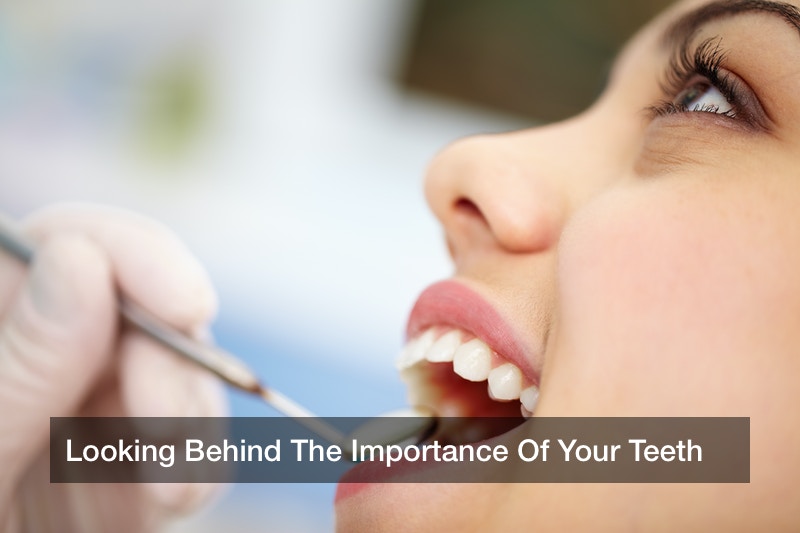
The care and keeping of your teeth should start at a young age. Ideally, brushing should begin (using just water) as soon as the first teeth pop through the surface. In toddlerhood, toothpaste can be introduced, though some dentists recommend waiting for the two year mark to introduce toothpaste with fluoride in it. Brushing twice a day is hugely effective for keeping cavities at bay, as too is flossing at least once throughout the course of a day.
In addition to this, it has been found that going to the dentist at least twice throughout the course of a year is also hugely beneficial. A family dentist is a great way to introduce your children to getting dental work, and a family dentist or general dentist will be adept at treating adult patients as well, as you might have already guessed. Going to see a dentist on a regular basis will not only normalize the concept of the dentist, but will allow you and your family to get the dental care that you need – and avoid many dental health problems further down the line. As a matter of fact, going to the dentist will provide you with a deep cleaning experience that cannot be replicated with a typical toothbrush at home.
And if there are problems, the dentist will spot them. Such problems are common among the American population, something that is more than backed up by the data that has been gathered on the subject. This data shows quite clearly that the majority of all adults – more than 90% of them, as a matter of fact, have sustained at least one cavity. And up to 40% of all children will have had at least one cavity all by the time that they reach their grade school years. Dentists can treat and eliminate cavities before they worsen, something that is very much important when it comes to taking good care of your oral health.
Of course, more serious issues can also be handled by a dentist. It’s a good thing too, as very nearly half of all adults who have reached or exceeded the age of 30 have some form of periodontal disease. And up to 20% of adults also have untreated cavities, cavities that might have worsened and become much more severe with the passage of time. Everything from gum problems to much deeper tooth decay to the need for the extraction of one or more teeth can lead to the need for dental sedation. Dental sedation works much the same as many other forms of sedation, though dental sedation is often quite a bit lighter. For more serious and in depth dental procedures, dental sedation can be key for keeping the patient calm and allowing the dentist to do his or her work.
You might go under dental sedation is you are getting dental implants after losing some (or all) of your teeth. For many people, dental implants have changed their overall quality of life dramatically for the better. After all, up to three million people already have dental implants – and this is a number that only continues to grow and grow with each passing year. As a matter of fact, it swells by up to half of a million with each and every passing year. And in addition to this, the success rate for dental implants is a very high one – currently sitting at more than 95%. Investing in dental implants, though they are expensive, is something that has the potential to benefit your life in a dramatic way.
Going under dental sedation allows your implants to be put in with the least amount of pain and discomfort to you possible. This dental sedation allows for the dentist in question to work well as well, something that certainly can impact the overall outcome of the procedure. And dental sedation allows for the procedure to be completed safely, both for dentist and patient alike.
At the end of the day, there are a great many things to consider when it comes to dental sedation and other dental practices all throughout the United States. After all, we all need dentists.

